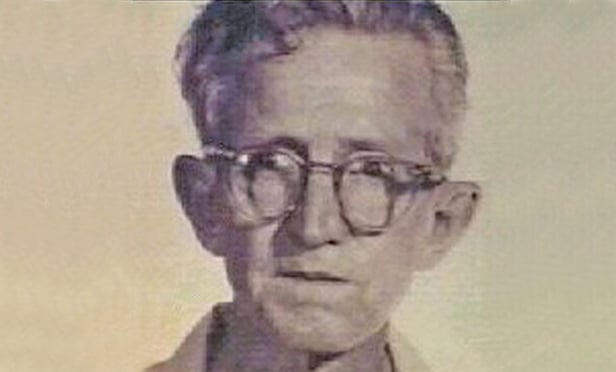First Judge Michael Sheldon of the Connecticut Appellate Court called it “a deliberate pattern of improper conduct” in State v. Santiago. Then, in another reference to prosecutorial misconduct, a Fourth Circuit opinion in U.S. v. Bartko pleaded “whatever it takes, this behavior must stop.” And Chief Judge Alex Kozinski of the Ninth Circuit started a blistering dissent in U.S. v. Olsen with the following: “There is an epidemic of Brady violations abroad in the land. Only judges can put a stop to it.”
Yet when South Carolina Supreme Court Justice Donald Beatty warned prosecutors that they had “been getting away with too much for too long” and that the South Carolina Supreme Court would “no longer overlook unethical conduct such as witness tampering, selective and retaliatory prosecutions, perjury and suppression of evidence,” and cautioned that prosecutors’ “bar licenses will be in jeopardy,” the main prosecuting authority in South Carolina—the attorney general—threatened to move to recuse Beatty in all criminal cases, citing bias.



